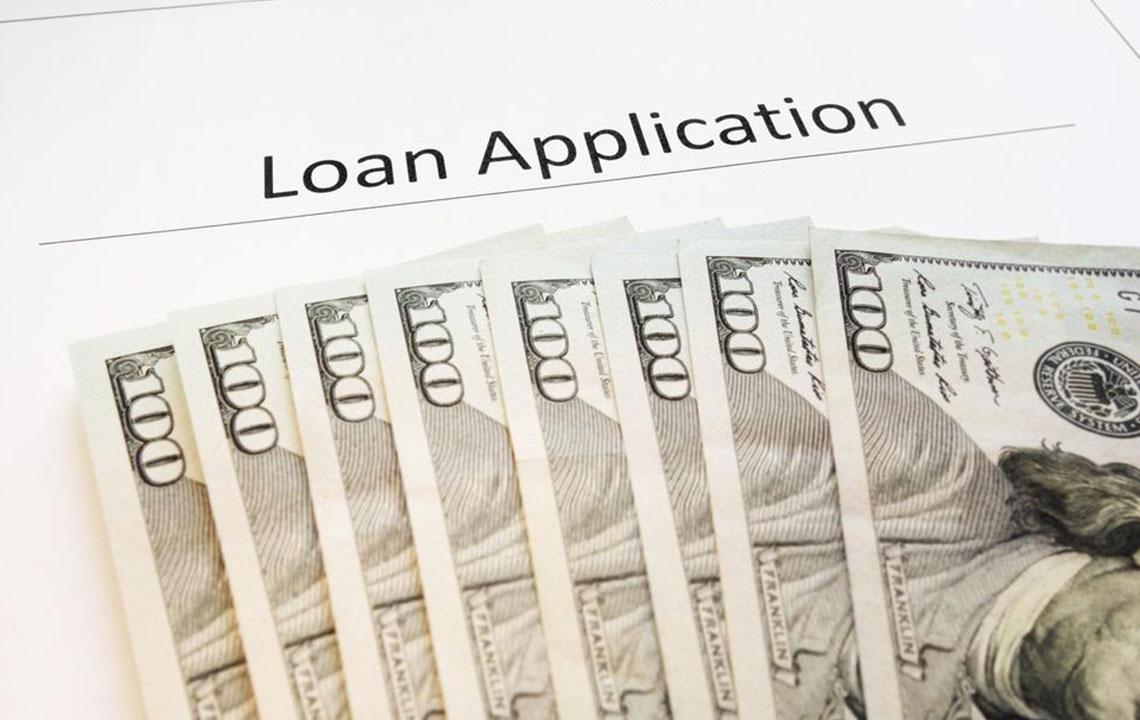Effective Strategies for Simplifying and Managing Your Debt
This comprehensive guide explores effective debt consolidation strategies, including balance transfer credit cards, personal loans, retirement fund borrowing, and home equity loans. It offers practical advice to help individuals reduce debt burdens, improve financial stability, and regain control of their finances through disciplined management and strategic planning. Learn how to choose the best option suited to your unique financial situation and turn your debt into a manageable part of your financial journey.

Effective Strategies for Simplifying and Managing Your Debt
Managing personal debt can often feel overwhelming, especially when juggling multiple credit accounts, loans, and financial obligations. Recent research indicates that many Americans are carrying significant credit card balances, with the average debt amount approaching $4,500. While utilizing various credit cards can offer rewards and benefits, unpaid balances can quickly escalate into substantial financial burdens. To avoid falling into debt spirals, escalating interest payments, or damaging your credit score, adopting effective debt management strategies is essential.
One of the most practical solutions is debt consolidation—combining multiple debts into a single, more manageable payment plan. This approach streamlines your finances, reduces the number of due dates, and often lowers overall interest rates, making it easier to keep track of payments and pay off debts more efficiently. Here, we explore several proven methods to consolidate your debt successfully, each suited to different financial situations and needs.
Leverage balance transfer credit cards: Transferring existing credit card balances to a new card during the introductory 0% interest period can provide significant relief. This strategy allows you to pay down principal without accruing additional interest, saving money and potentially accelerating your payoff timeline. Many credit card issuers offer attractive balance transfer promotions, including rewards points or cash-back incentives. However, be aware of the transfer fee and ensure you pay off the balance before the promotional period ends, as interest rates can spike afterward. Good credit scores are generally required to qualify for these offers, making timely payments and maintaining a healthy credit profile crucial. Proper utilization of balance transfer credit cards can be an effective way to manage and reduce debt, provided you enter into the agreement with a clear repayment plan.
Secure a personal loan: Opting for a personal loan is another advantageous method to consolidate debt. These loans typically feature lower interest rates compared to credit cards and have fixed repayment schedules, making budgeting easier. Since personal loans are installment-based, you can pay off multiple high-interest credit card balances with a single, manageable monthly payment. Applying for a personal loan generally involves a credit check, but it usually does not negatively impact your credit score if managed responsibly. Borrowers with excellent or good credit (usually above 600) are more likely to secure favorable interest rates. A key point to remember is to avoid taking out multiple loans simultaneously, which might complicate your finances further. When used responsibly, personal loans are a powerful tool for debt reduction and financial stability.
Consider borrowing from retirement savings: In extreme situations, tapping into retirement accounts such as a 401(k) or IRA may be a viable option for debt consolidation. This method involves borrowing against your retirement funds, typically with a fixed repayment schedule and without the need for a credit check. It's accessible even if your credit score is low, but it carries certain risks. Early withdrawal or loan default can lead to penalties, taxes, and a reduction in your retirement savings, which might impact your long-term financial security. Employers or plan administrators often set specific rules for borrowing, so understanding the terms thoroughly is vital. Use this strategy judiciously and ideally only when other options are limited, as the potential consequences can affect your future financial stability.
Utilize home equity or auto loans: Home equity loans or lines of credit (HELOCs) and auto equity loans are options that allow you to borrow against your home or vehicle for debt consolidation purposes. These secured loans generally offer lower interest rates compared to unsecured personal loans or credit cards, making them attractive options for large debt situations. The lump sum provided can be used to pay off higher-interest debts, leaving you with a single monthly payment and often better interest terms. However, since these loans are secured by collateral, failure to repay can result in foreclosure or repossession of your home or vehicle. Carefully assess your repayment capacity before choosing this route, and consider it only if you are confident you can adhere to the repayment schedule. Proper planning and disciplined repayment can make home equity or auto loans effective debt management tools.
In conclusion, managing and consolidating debt requires thoughtful planning and understanding of available options. Whether through balance transfer credit cards, personal loans, borrowing from retirement savings, or leveraging home or auto equity, each strategy serves different needs and risk profiles. The key to successful debt management is choosing the method that aligns best with your financial situation, maintaining disciplined repayment habits, and seeking professional advice if necessary. Properly implemented, these strategies can significantly reduce your debt burden, improve your credit profile, and help you regain financial stability and peace of mind.Maintaining a proactive approach towards debt management not only improves your current financial health but also sets a foundation for better financial habits in the future. Remember, complex debt situations may benefit from consulting a financial advisor who can help craft a personalized plan suited to your specific circumstances. Tailoring your approach can optimize outcomes and pave the way toward a debt-free life.





